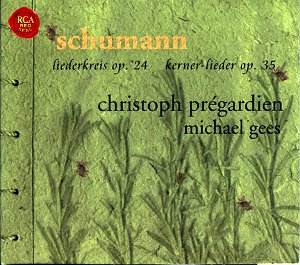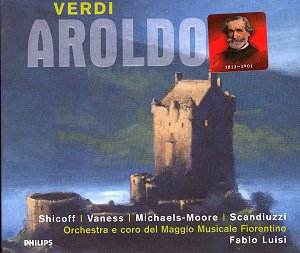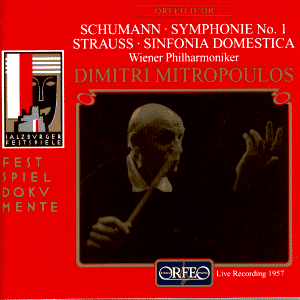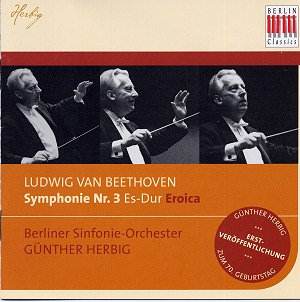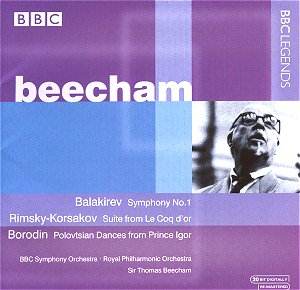 Composer: Sir Thomas Beecham
Composer: Sir Thomas Beecham
Works: Balakirev: Symphony No. 1 in C major; Rimsky-Korsakov: Le Coq d’Or – Suite; Borodin: Polovtsian Dances
Performers: London Philharmonic Orchestra; Royal Philharmonic Orchestra; London Philharmonic Choir
Recording: Live recordings from BBC Radio Maida Vale studio (1956) and Royal Festival Hall (1954)
Label: EMI
Sir Thomas Beecham’s legacy as a conductor is multifaceted, characterized by his passionate advocacy for a broad spectrum of repertoire, including the often-overlooked Russian composers. The current release showcases his interpretations of Balakirev, Rimsky-Korsakov, and Borodin, revealing not only the vibrancy of the music but also the conductor’s dynamic approach to orchestral color and texture. This compilation bears witness to Beecham’s deep-seated love for the lush, exotic landscapes painted by these composers, each piece brimming with the sensuousness and rhythmic vitality that defines their respective styles.
The performance of Balakirev’s Symphony No. 1 opens with an arresting, shimmering quality, as the strings weave intricate patterns that evoke an atmosphere of Oriental splendor. Beecham’s interpretation captures the work’s inherent drama, particularly in the lively scherzo, where the orchestra’s precision is matched by their emotional intensity. The Andante, marked by a perfumed languor, transports listeners to a world filled with romantic fervor, employing a careful balance of dynamics that enhances the sense of longing. The Royal Philharmonic’s response to Beecham’s direction is one of palpable enthusiasm, their playing rich with color, even if the mono sound occasionally reveals its age, with strings sounding somewhat wiry and percussion lacking the crispness desired in a modern context.
Rimsky-Korsakov’s Golden Cockerel Suite, while offering moments of brilliance, does not quite reach the exalted heights set by the preceding work. The colors of the orchestration feel slightly muted, and the overall flow can seem labored at times. Beecham’s choices here may reflect a sensitivity to the narrative elements within the score, but the result lacks the vibrant immediacy that characterizes his best work. Comparatively, the Polovtsian Dances by Borodin bursts forth with a jubilant energy, the London Philharmonic Choir adding an exhilarating dimension to the performance. The orchestra, under Beecham’s baton, charges through with infectious vigor, showcasing the exuberance that has made this piece a staple in the concert repertoire.
The engineering of this recording presents a blend of historical authenticity and challenges inherent to live performances of the era. While the sound quality reveals its mono origins, the palpable excitement of the live setting compensates for any sonic shortcomings. The recordings from the Maida Vale studio and the Royal Festival Hall encapsulate the thrill of the concert experience, with occasional imperfections that serve as reminders of the spontaneity and unpredictability of live music-making.
This disc emerges as a rewarding treasure for enthusiasts of Sir Thomas Beecham and those intrigued by the Russian repertoire. While some interpretations might not eclipse contemporary standards, the excitement and character of the performances shine through. The vibrant orchestral colors and Beecham’s commanding interpretations offer an insightful glimpse into a mid-20th-century musical landscape, where the passion for Russian music was fervently cultivated and celebrated. Such a collection not only enriches the discography of these compositions but also reinforces Beecham’s enduring influence as a conductor who brought the works of Balakirev, Rimsky-Korsakov, and Borodin to life with unmatched fervor.
